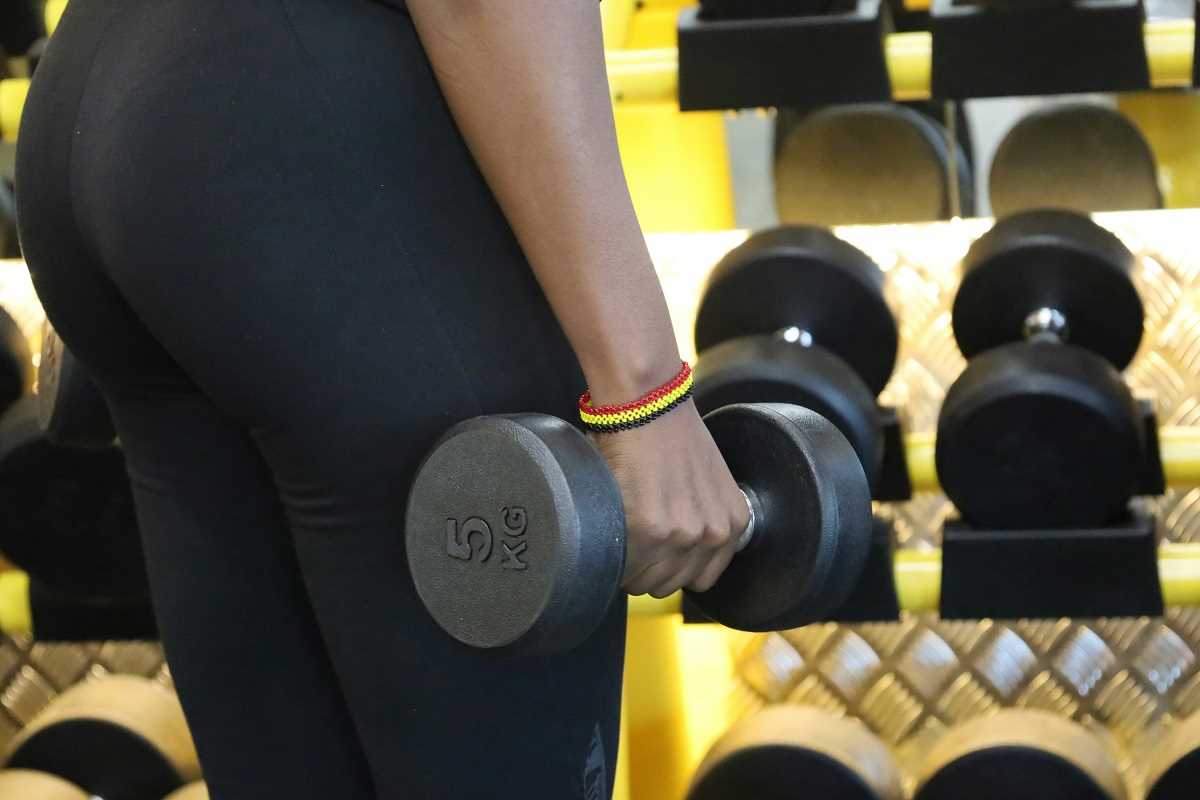Athletes with an eye on performance and trendsetters with a flair for style are always on the hunt for gear that not only boosts their capabilities but also resonates with their personal principles. With a global shift towards more sustainable practices, the sportswear industry finds itself in the midst of an exciting transformation. This evolution aims to craft a future where exceptional athletic performance and environmental responsibility go hand in hand, ensuring that athletes can excel without compromising their commitment to a greener planet. The merging of high performance and eco-conscious design is redefining what sportswear can be.
The Shift Toward Plant-Based Fabrics
Plant-based fabrics revolutionize the sportswear landscape. These innovative materials offer numerous advantages over traditional fabrics:
- Eco-Friendly: Derived from renewable resources, plant-based fabrics reduce reliance on fossil fuels.
- Biodegradable: Unlike synthetic materials, they break down naturally, minimizing environmental impact.
- Breathable and Comfortable: These fabrics often provide superior moisture-wicking properties, enhancing comfort during intense workouts.
- Durable: Plant-based materials are known for their strength and longevity, ensuring that sports gear lasts longer.
- Hypoallergenic: Perfect for athletes with sensitive skin, reducing the risk of irritation during exercise.
Organic Innovation in Sportsgear
Innovation drives the shift towards sustainable sportswear. Brands invest in research and development to create materials that perform exceptionally while adhering to environmental standards. For instance, companies like Patagonia and Adidas pioneer the use of organic cotton and recycled materials, setting new benchmarks in the industry.
These advancements enable athletes to wear gear that supports their performance goals while contributing to a healthier planet. The integration of organic innovation into sportswear signifies a proactive approach to addressing environmental challenges.
Performance Meets Sustainability
The intersection of performance and sustainability marks the future of sports gear. Traditional sportswear often relies on synthetic materials that can hinder performance and harm the environment. In contrast, plant-based sports gear offers a balanced solution that enhances athletic performance while promoting sustainability.
- Traditional Sportsgear: Typically made from polyester and nylon, which can trap moisture and generate microplastics.
- Plant-Based Sportsgear: Utilizes materials like bamboo, hemp, and organic cotton, offering better moisture management and reducing environmental footprint.
- Comfort and Fit: Plant-based fabrics often provide a softer feel and better flexibility, enhancing overall comfort during physical activities.
- Maintenance: These fabrics generally require less energy and resources for cleaning.
These sports gear shifts reflect a broader movement towards responsible manufacturing and consumption in the fitness industry.
Trendsetters Leading the Charge
Influential athletes and fashion icons play a pivotal role in promoting sustainable sportswear. Figures like Serena Williams and LeBron James endorse eco-friendly brands and participate in campaigns that raise awareness about the importance of sustainable practices. Their advocacy inspires fans and followers to make conscious choices in their athletic gear.
Fashion-forward individuals embrace plant-based sportswear, blending style with functionality. Designers create aesthetically pleasing and high-performance pieces that cater to the tastes of trendsetters, further driving the adoption of sustainable materials in mainstream sportswear.
Challenges and Opportunities
The journey towards fully sustainable sportswear presents hurdles. One major challenge involves the higher cost of plant-based materials compared to traditional synthetics. Additionally, consumers need more education to highlight the benefits of organic innovation.
These challenges present opportunities for growth and innovation. Investing in scalable production methods and forming partnerships between brands and sustainable material suppliers can help reduce costs. Increasing demand for eco-friendly products encourages more companies to explore and adopt sustainable practices.
Looking Ahead
The future of sportswear looks bright with the continued integration of plant-based fabrics and sustainable practices. As technology advances and consumer preferences evolve, the industry stands ready to embrace even more innovative solutions that cater to both performance and environmental stewardship.
By staying ahead of the curve, athletes and trendsetters lead the way in a movement that enhances their personal performance and contributes to a more sustainable world.
Embracing plant-based fabrics reflects a commitment to a healthier planet and enhanced performance. This synergy between high performance and sustainability will shape the future of athletic gear.
 (Image via
(Image via





